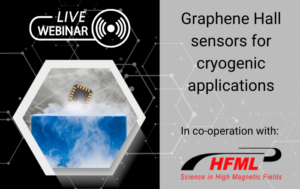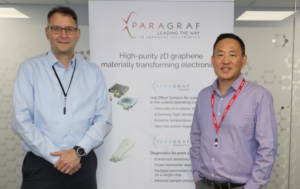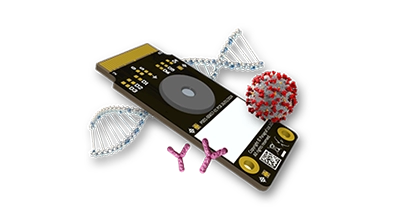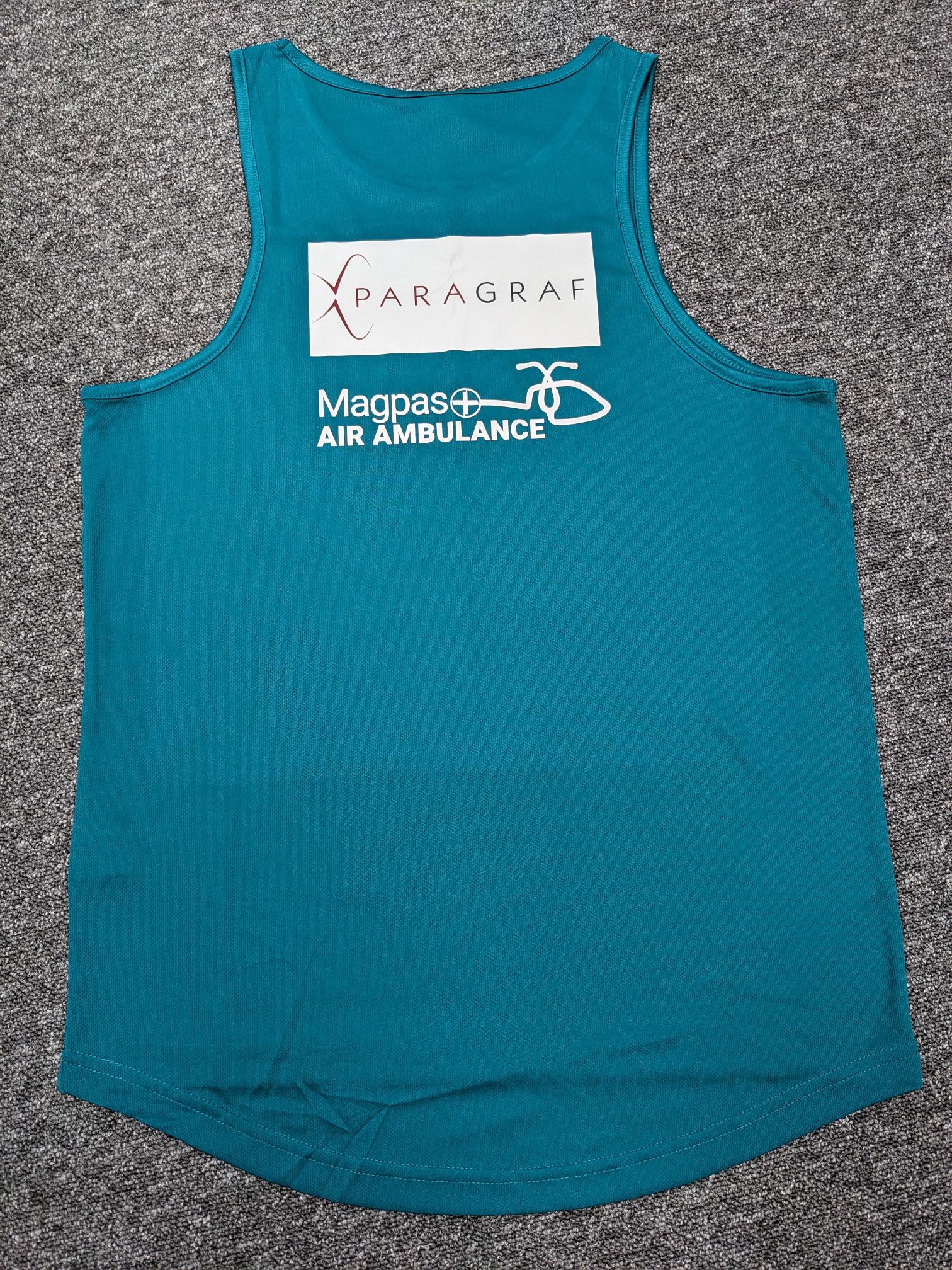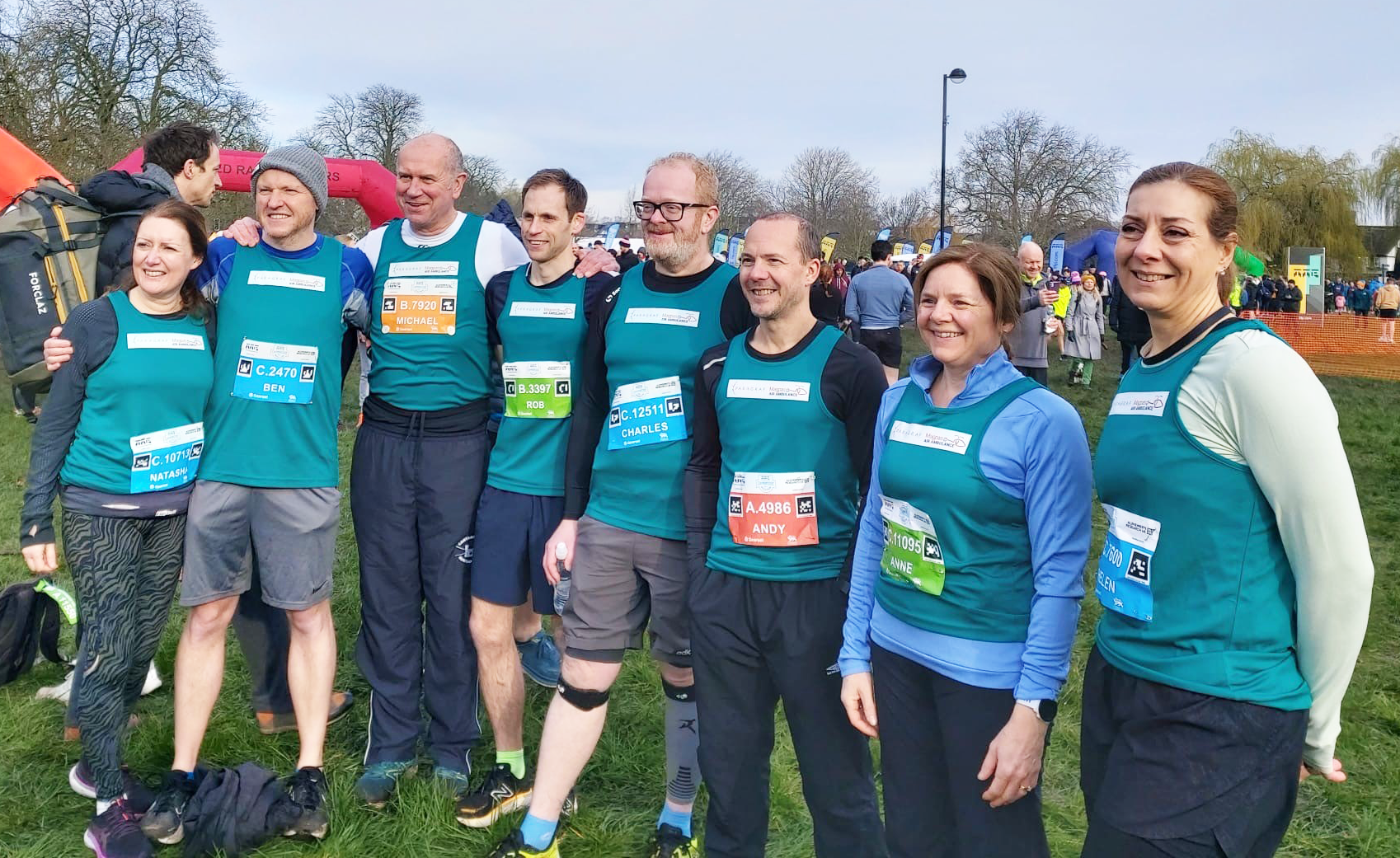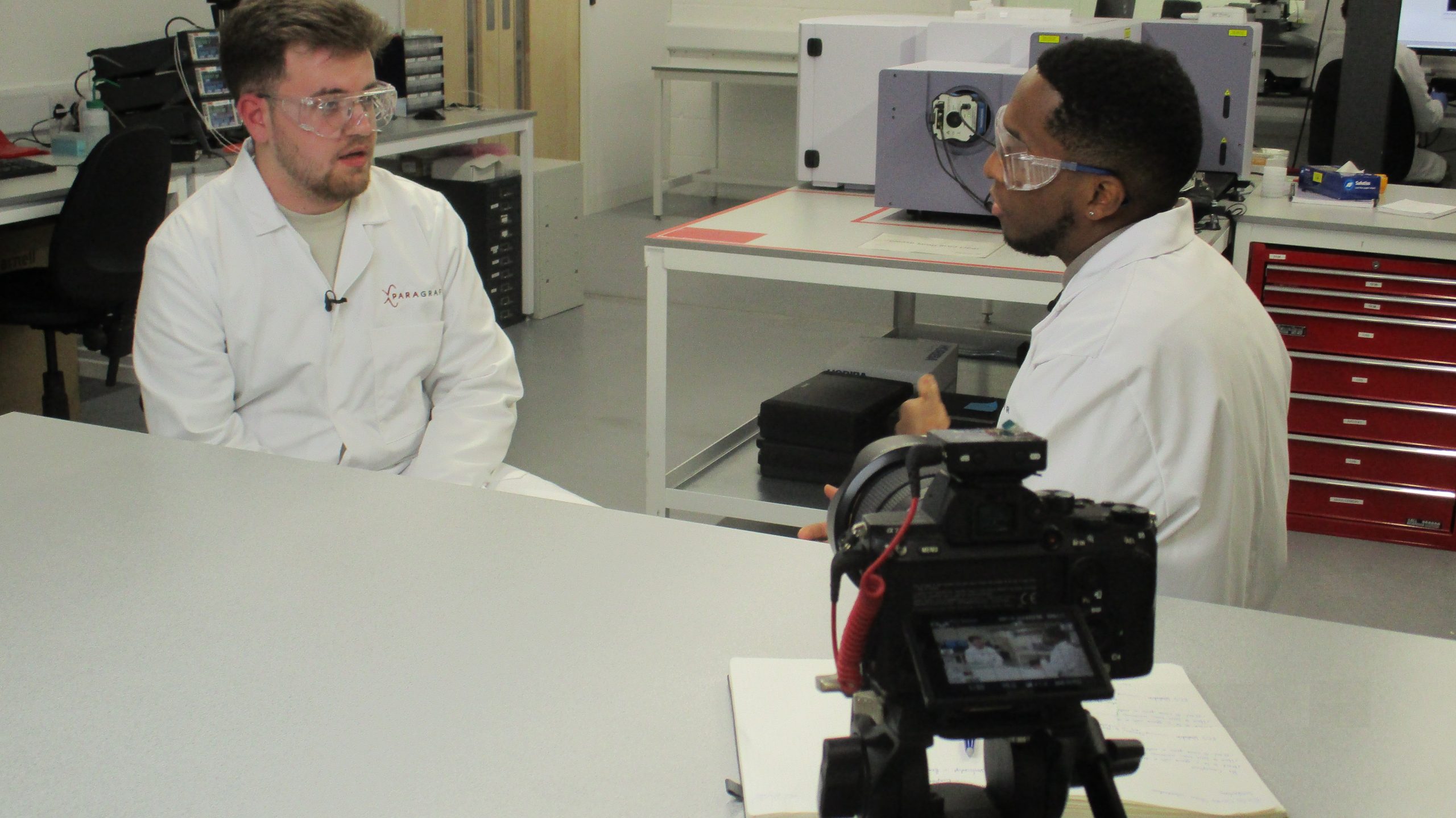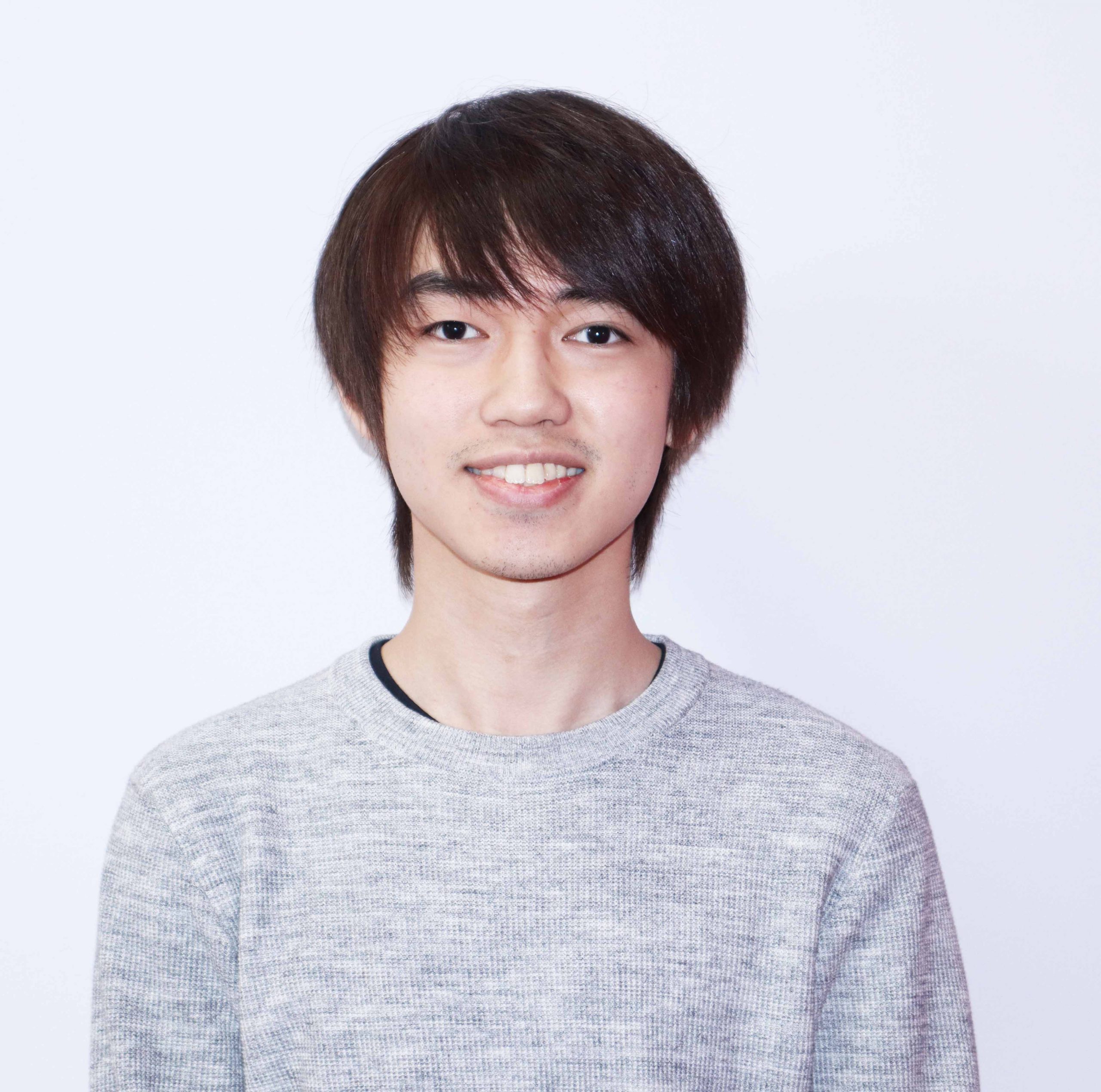Currently, a major challenge in antibody manufacturing process development is enabling continuous cell culture analysis to maintain the desired quality while reducing time to market, maintaining cost effectiveness, and providing manufacturing flexibility. Current methods are costly and inefficient.
Dr. Paul Grint, executive chairman of the board at Cardea Bio, states, “The typical biomanufacturing process is complex and includes a cell culture process that generates the molecule of interest and a purification process to remove product-related impurities. Successful development and implementation of a tech infrastructure for real-time process monitoring at critical control points of this process can significantly improve quality and reduce cost associated with loss of products as well as personnel required for comprehensive analytical testing off-line.”
Conventional tools for cell culture media analysis require manual sampling and different steps of sample preparation. The sample collection process increases the contamination risk, and monitoring each cell culture bioreactor individually is a time-consuming process. Thus, bioprocessing – both for production of biopharmaceuticals and cell therapy manufacturing – can greatly benefit from automated, streamlined measurements to minimize the hands-on time required to make these critical cell-based products and therapies.
“Currently, multiple instruments are required to measure each of the biomarkers and the bioproduct. Using Cardea’s platform, a significant advantage is that it’s a single platform that can monitor multiple types of analytes, from glucose to protein-based biomarkers.” adds Dr. Kiana Aran, and continues, “Cardea’s BPU can address the traditional bioprocessing challenges by continuously sampling and monitoring the health of the cell culture in real-time. The goal of utilizing BPUs is to increase the efficiency, sensitivity, and specificity of monitoring glucose metabolite, pH level, and antibody production in order to evaluate the cell performance, growing conditions, and ideal production environment.”
For the project, Dr. Aran will be working closely with Dr. Chong Wing Yung, the Associate Director for Agilent’s Research Programs, and Agilent Research Scientist Dr. Kristin Bernick.
“Through Agilent’s ACT-UR grant with Professor Kiana Aran, we are excited to learn more about the application of her novel graphene-based semiconductors to the bioprocessing space,” Yung said. “This will be a wonderful opportunity for us to gain exposure to using this exciting technology to continuously monitor and measure key parameters of cell cultures over time. In addition, we look forward to growing our relationship with Professor Aran and KGI.”
The project will draw upon prior results in which BPUs rapidly detected and quantified serum proteins such as cytokines in a small volume of plasma, with very high sensitivity and specificity, and without the need for secondary antibodies and optical labels. The sensitivity enabled by the biosensor platform dramatically reduces the sample volume and experimental complexity in comparison to standard quantitative methods, while the label-free nature of the detection platform significantly reduces the complexity and need for reagents.

